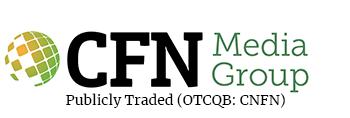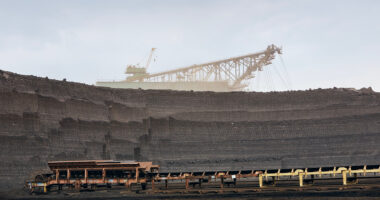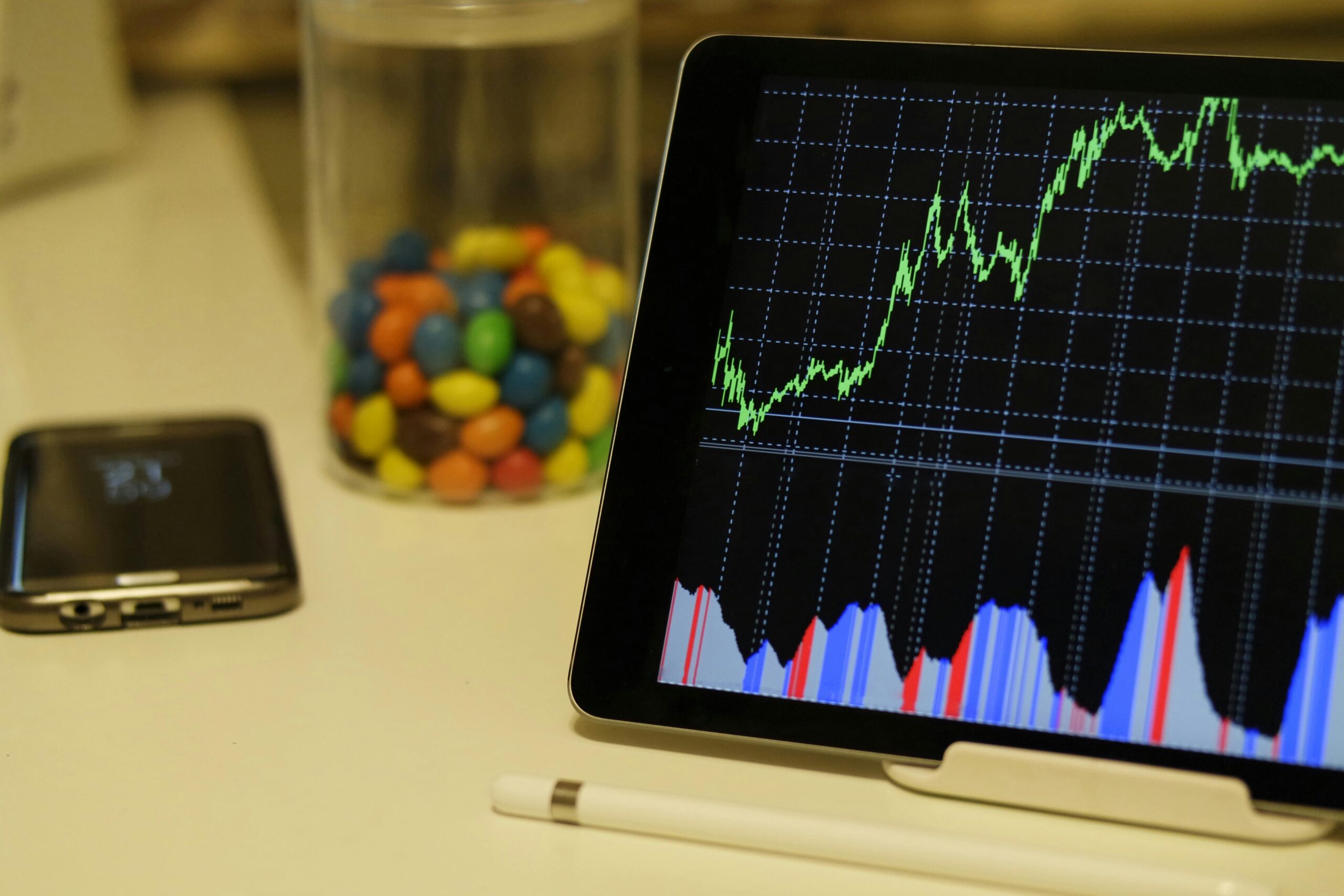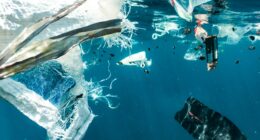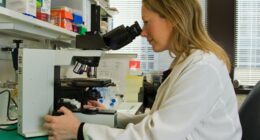Aduro Clean Technologies Inc. (NASDAQ: ADUR) (CSE: ACT) (FSE: 9D5) have begun the process of designing and building a plastic recycling pilot unit capable of processing a quarter tonne/day of feedstock. Aduro’s patented Hydrochemolytic™ technology can handle a diverse array of plastic types with minimal sorting and cleaning required, whereas currently available technologies can typically process one cleaned and sorted plastic type.
The company is working with Shell, TotaEnergies, and other large multinationals to test and refine its processes for different types of feedstocks utilizing a smaller customer demonstration unit. The pilot unit is expected to be commissioned in Q3 2025, and Aduro expects to move into commercial production from a larger demonstration unit by the end of 2026.
CEO Ofer Vicus, CFO Mena Beshay, and CRO (chief revenue officer) Eric Appelman recently joined Penny Queen, a long-term investor in the company, for a discussion covering a range of topics. The group talked about details of the pilot unit, commercialization plans and timelines, current and potential collaborations with prospective customers, how Aduro fits in the plastic recycling industry, and the progress made in other industry segments alongside plastic recycling.
Highlights from the Conversation
A year or so ago Aduro had been contemplating a slightly larger unit for this phase of development, and the first ten minutes or so of the interview covers in depth the decision to scale back slightly. In essence, the company right-sized the pilot unit to fit customer needs, decrease expenditures, and increase flexibility without sacrificing any of the goals of the program.
Aduro’s technology is built on a modular basis, allowing for a wide range of production capacity to fit the scale required by almost any customer. The pilot unit will be built with industrial grade equipment that is readily available on the market currently and will be able to process inputs in exactly the same manner as larger units will. As a result, customers utilizing the pilot unit will know with certainty the costs and processes involved in scaling up to whatever size they need.
Aduro is currently financed to complete the pilot unit. The company has utilized non-dilutive funding throughout its development process, in the form of grants and research partnerships, and plans to tap similar sources to fund its first larger, commercial unit. The team also points to the roster of potential client companies as sources of revenue for the construction of the commercial unit. Aduro’s system requires far less capital expenditures to get off the ground than current systems that mostly depend on very large economies of scale to make sense.
Around the 20 minute mark, CRO Eric Appelman discusses the collaboration with a building supply manufacturer that highlights Aduro’s customer engagement process. Uponor is a major Finnish manufacturer of crosslinked polyethylene (PEX) pipes for plumbing, and was acquired late last year by Swiss multinational Georg Fischer. The business is now a division called GF Building Flow Solutions with significant operations in North America, and is trying to find a way to responsibly and efficiently recycle its products. PEX is basically unrecyclable currently, but Aduro has demonstrated the ability to recycle PEX with up to 84% efficiency. The two companies are now working together to refine and perfect the process, and the arrangement is a prime example of the progression achieved through the customer engagement program.
Appelman says Aduro is engaged with ten different petrochemical ‘houses’ through various levels of testing and collaboration. Over the last few months, Aduro has been getting a lot of interest from waste management companies that recognize the shortcomings (financially and technically) of current plastic recycling technologies. Typical petrochemical companies engaged by Aduro are valued at $40 billion+ (Shell and TotalEnergies are two publicly-announced examples), while waste management companies are valued at $5 billion+. Aduro is currently valued around $155 million. This truly is a case of a tech upstart being courted by much larger companies.
Around the 24 minute mark, Appelman discusses a major advantage of Aduro’s system. Hydrochemolytic™ technology is capable of handling ‘dirty’ feedstock – plastic waste that has not been cleaned and sorted very well. Other processes currently on the market and in development, including advanced (or chemical) recycling, mechanical recycling, and pyrolysis, all require high quality, cleaned and sorted, feedstock. That means that perhaps 25% at most of plastic waste can even be accessed by those technologies. Aduro unlocks the potential to handle not only that 25% but also perhaps another 50% or so of plastic waste. With well over 400 million tonnes (and growing) of plastic manufactured each year, that is a huge market for Aduro to penetrate with very little competition.
The Upshot
Aduro is the story of a tech startup attacking an enormous market opportunity with what appears to be a best-in-class solution. Only 9% of plastic is recycled globally. Multinational companies and governments around the world have pledged to work together to create a circular economy for plastic waste, and Aduro is getting interest commensurate with its potential to contribute significantly to that circularity. Watch the interview, follow Aduro, keep track of developments – it’s a major opportunity unfolding before our eyes.
